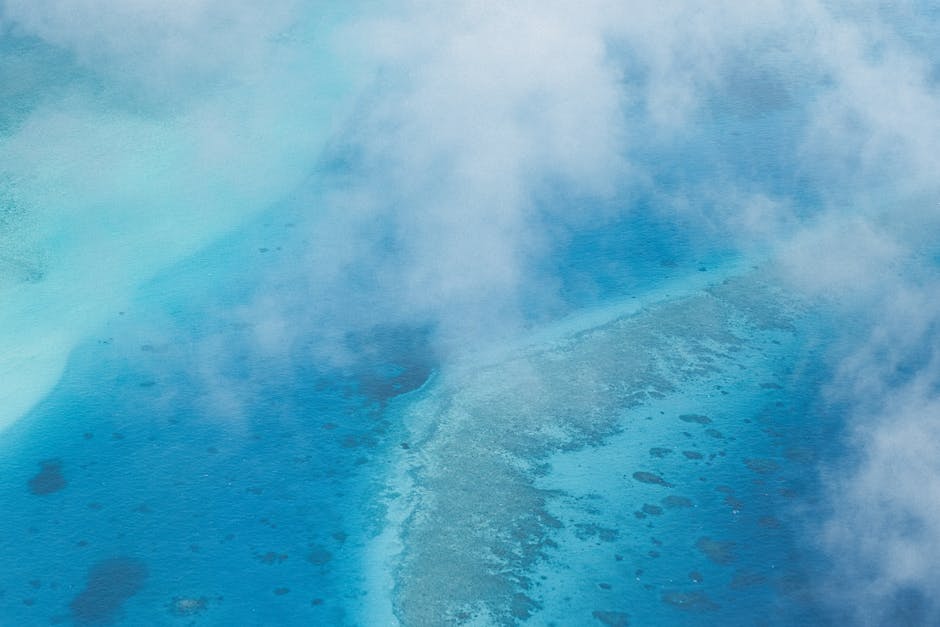Physiological Responses to Thermal Stress
Coral polyps, the fundamental building blocks of these vibrant ecosystems, possess a remarkable array of physiological mechanisms for managing elevated temperatures. A cornerstone of their resilience lies in their symbiotic relationship with photosynthetic algae, known as zooxanthellae. These microscopic algae reside within the coral’s tissues, providing a vital source of energy through photosynthesis. During thermal stress, however, corals can expel these zooxanthellae, a phenomenon known as coral bleaching. This act, while seemingly detrimental, can be a survival strategy. It allows the coral to temporarily reduce metabolic demands, preventing further cellular damage. Interestingly, corals possess varying degrees of plasticity in their ability to expel and potentially re-establish the symbiotic relationship. Some species exhibit a faster recovery rate and higher capacity to retain zooxanthellae compared to others.
Beyond the zooxanthellae expulsion, corals have evolved cellular mechanisms to alleviate thermal stress. Proteins known as heat shock proteins play a crucial role in this process. These proteins are produced in response to elevated temperatures, assisting in maintaining cellular integrity and preventing damage to proteins and enzymes. Furthermore, corals may alter their metabolic rates to reduce the demand on the symbiotic relationship, although this can come at the cost of growth and reproduction. The precise mechanisms underpinning these physiological responses are still being investigated, but they highlight the sophisticated biological adaptations these organisms have evolved.
Ecological Adaptations for Thermal Tolerance
Coral reefs display remarkable diversity in their capacity for thermal tolerance. Certain locations, often characterised by specific water currents and environmental conditions, show resilience to higher temperatures. This suggests that geographic location plays a critical role in shaping the adaptive strategies employed by different coral populations. Specific genetic variations might confer thermal tolerance in certain lineages. Furthermore, differences in the zooxanthellae species that partner with different coral species likely contribute to variations in resilience.
The intricate interactions within coral reef communities also play a role in their ability to withstand thermal stress. For instance, the presence of other organisms, such as algae and invertebrates, can influence local water temperatures and create microclimates within the reef structure. A diverse and healthy ecosystem typically displays a greater ability to cope with changes, as different species can play a supportive role under stress.
Coral’s survival strategies also extend to their capacity to acclimate. This gradual physiological adjustment to changing environmental conditions, facilitated by genetic and phenotypic plasticity, is crucial. Populations living in areas with fluctuating temperatures often exhibit greater acclimation potential. Research has shown that these adaptive responses can take place over multiple generations, highlighting the long-term implications of environmental change.
Coral Reef Resilience in a Changing Climate
Ocean warming, driven primarily by anthropogenic greenhouse gas emissions, presents a significant challenge to coral reef resilience. The increasing frequency and intensity of marine heatwaves pose a significant threat, pushing these ecosystems beyond their adaptive thresholds. Consequently, coral bleaching events are becoming more common and severe, potentially resulting in widespread coral mortality. The cascading effects of these events on the entire reef ecosystem are profound, impacting fish populations, biodiversity, and the ecosystem services coral reefs provide.
Several research avenues are focused on understanding and mitigating these challenges. Investigations into coral acclimation strategies, genetic diversity, and the influence of symbiont communities are crucial in developing effective conservation strategies. Moreover, identifying regions with greater resilience potential, understanding the factors contributing to local variations in thermal tolerance, and implementing effective management practices are essential for safeguarding these invaluable ecosystems.
Future Directions and Conclusions
The future of coral reefs hinges on our understanding of how they adapt to changing ocean temperatures. While some corals possess remarkable resilience, the relentless pace of climate change may exceed their adaptive capacities. Ongoing research efforts, including detailed physiological analyses, ecological investigations, and genetic studies, will provide crucial insights into the intricate mechanisms of coral adaptation. Moreover, the development and implementation of strategies to mitigate ocean warming and support coral reef resilience are critical to the long-term conservation of these vital marine ecosystems. This requires a multidisciplinary approach, involving scientists, policymakers, and communities, to foster sustainable solutions for protecting these globally significant habitats.
Ultimately, understanding the physiological mechanisms and ecological adaptations of coral reefs to thermal stress is fundamental for developing effective conservation strategies and mitigating the detrimental effects of climate change on these essential marine ecosystems. The interconnectedness of these factors in shaping the resilience of coral reefs provides a deeper understanding of the challenges and possibilities facing these vital ecosystems in the face of an ever-changing ocean.
